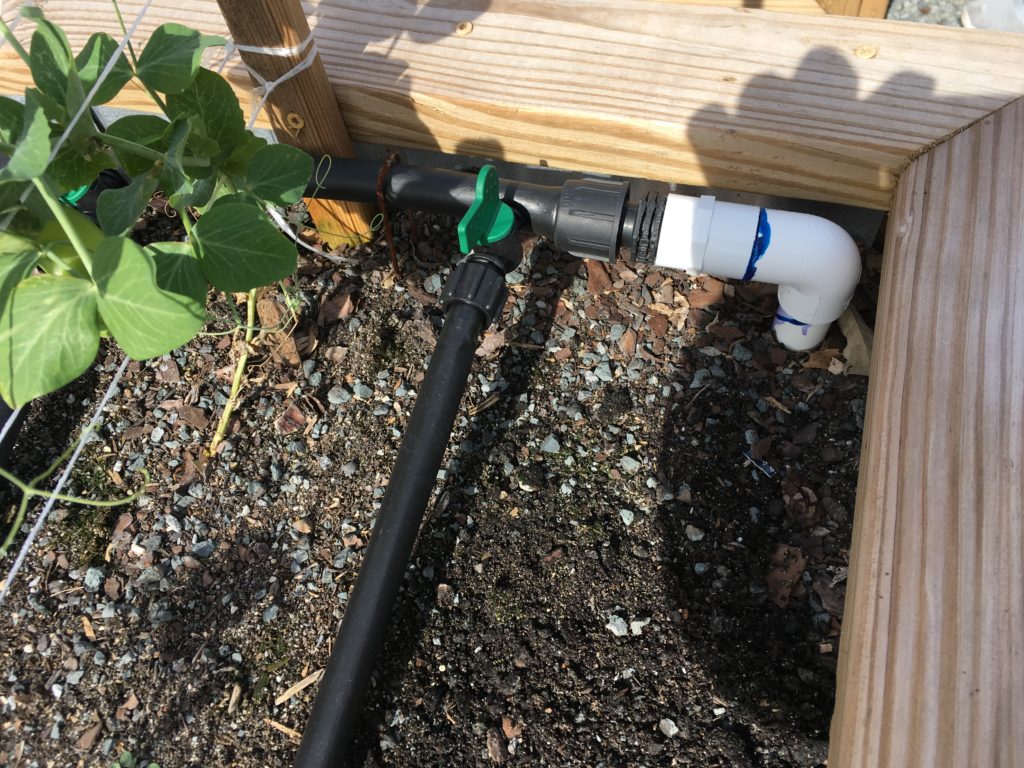By Jessica Strickland
In the hot summer month of July, we are often focused on watering to keep our plants in the landscape and garden alive. With water being one of our most important natural resources we want to make sure that we conserve water and avoid wasting it. There are simple steps you can take to conserve water but yet still keep you garden alive and growing during the summer.
Below are tips that you can put into effect and water smartly in your own garden and landscape:
When preparing to plant, add organic matter (aka compost) to the soil. Organic matter increases water-holding capacity of the soil, especially in sandy soils.
Mulching around plants in landscape and gardens not only control weeds but will reduce water loss from the soil due to evaporation.
Touch the soil to determine when to water. Moist soil will hold together better in a ball than dry soil. Avoid watering plants on a schedule just for the sake of watering.
Switch overhead watering to soaker hoses and drip irrigation where possible. This can reduce landscape water use up to 50 percent. Much water from overhead watering is loss to evaporation before it even reaches the plant roots. Dripline in raised bed garden can help conserve water while directing water to the plant roots.
When hand watering, water at the base of plants instead of over top the leaves. This allows more water to reach the plant roots before evaporating and also discourages plant diseases by keeping the leaves drier.
Water deeply and less frequently. Lightly watering plants every day does not encourage a deep root system that plants need to better withstand dry periods. Instead, soak the soil to a depth of at least 6 inches to encourage roots to seek water.
Water early in the morning instead of mid-day to reduce water loss to evaporation.
Many plants are often tougher than we give them credit for. All plants will need routine water after planting to get them established for usually the first year. However, established trees and shrubs should be able to thrive without regular watering unless we have a serious drought. Vegetables and container gardens will probably require more frequent watering during the growing season.
Install a rain sensor or soil moisture sensor on your irrigation system. This will prevent having your irrigation system running when we have had plenty of rainwater.
Avoid watering the sidewalks, driveway and other hard surfaces. Instead direct irrigation heads and sprinklers so that the water is only going to plants and lawn.
Install rain barrels to collect rain water from roof top. One inch of rain on a 1,000 square foot roof is equal to over 500 gallons. That is a lot of water which can be collected and reused in the garden. Not only will rain barrels conserve water but will also save on the water bill.
Plant drought tolerant plants when possible. Once these plants are established, drought tolerant plants will not need regular watering and will thrive during hot, dry weather.
Jessica Strickland is an Agriculture Extension Agent, specializing in horticulture for North Carolina Cooperative Extension in Wayne County.

